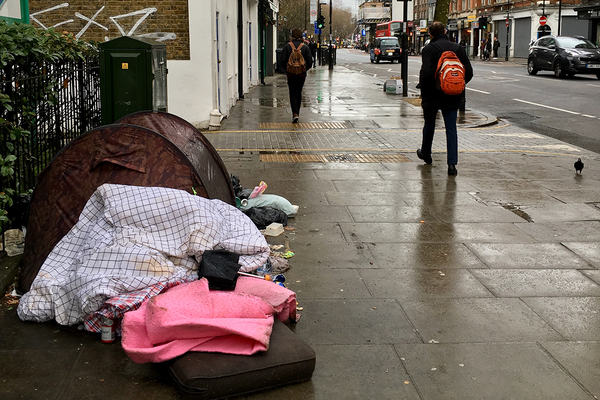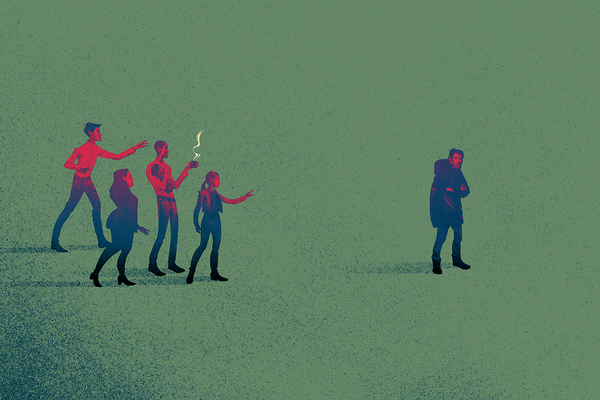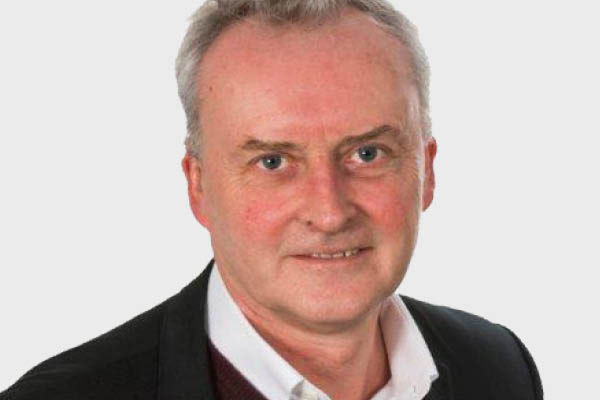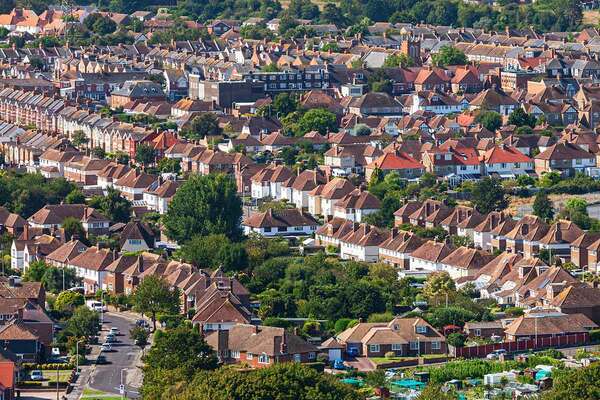You are viewing 1 of your 1 free articles
Number of people sleeping rough in London rises by almost a fifth
The number of people sleeping rough in London increased by almost a fifth in the past year, according to the latest statistics.
New data from the Combined Homelessness and Information Network (CHAIN) revealed that 8,855 people slept rough in the capital in 2018/19, a rise of 18% on the previous year. The figure is almost two-and-a-half times the number seen 10 years ago, although some of the past 12 months’ increase can be attributed to a large increase in the number of outreach services and staff in London, the report said.
Outreach teams and No Second Night Out supported 2,379 (27%) of these people to access accommodation or return to their home area.
In the past 12 months there were 5,529 new rough sleepers on the capital’s streets, meaning 15 people a day – or more than 100 a week – found themselves sleeping rough for the first time.
Over a third of new rough sleepers were people who lost private rented accommodation, according to the figures.
London mayor Sadiq Khan called the rise in rough sleeping “a national disgrace”.
“At City Hall we have doubled our rough sleeping budget and the size of our outreach team, helping record numbers of rough sleepers. But the figures show more and more people continue to be forced onto the streets by the government’s policies – from welfare cuts to a lack of investment in social housing,” he said.
“This cannot be ignored any longer. The government must urgently act to resolve longstanding immigration issues and provide access to accommodation and employment if we are to ever end this crisis.”
The nationality of rough sleepers in London remained diverse, with a total of 126 different nationalities recorded during 2018/19. The proportion of people seen rough sleeping who were UK nationals was 49%, which is a decrease from the peak of 54% seen in 2017/18.
Conversely, the proportion of rough sleepers from central and eastern European countries has increased after a previous dip, with 31% seen in 2018/19, compared with 24% in 2017/18. Romanians continue to make up the largest non-UK nationality group, with Poles making up the second largest non-UK nationality group.
The most frequently reported support need among people seen rough sleeping in 2018/19 was mental health, with 50% of those assessed during the period having a need in this area. Alcohol was the second most prevalent need at 42%, while 41% of rough sleepers were assessed as having a support need relating to drugs.
CHAIN also recorded information about whether rough sleepers have spent time in the armed forces, prison or local authority care at any time in their life. Just over one third (37%) of people seen rough sleeping in 2018/19 had experience of serving time in prison, while 11% had experience of the care system. Overall, 6% of people seen rough sleeping in 2018/19 had served in the armed forces at some point in their lives – figures which were consistent with previous years.











